South Australia’s Indigenous voice to parliament Yes numbers ‘not adding up’
The No camp is increasingly convinced South Australians will reject the voice despite Yes campaigners hailing the state as a must-win.
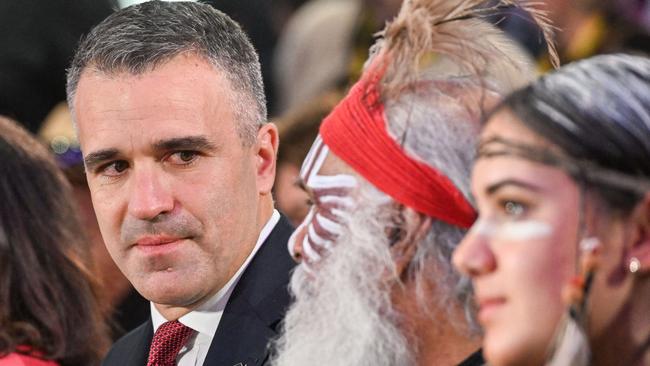
The No campaign is increasingly convinced that South Australians will reject the voice to parliament despite Yes campaigners hailing the state as a must-win at the October 14 referendum.
With the national Yes campaign officially launched by Anthony Albanese in Adelaide’s northern suburbs on August 30 framed around an appeal to the state’s progressive political traditions, there has been little sign since of the public groundswell needed to deliver a Yes win in SA.
Opposition Leader David Speirs told The Weekend Australian that he believed the state’s Yes vote was “in freefall” and that he would almost bet his house on a No victory.
The Yes camp disagrees and believes SA is still there to be won and that its trailblazing history backing land rights legislation, decriminalising homosexuality and giving women the right to vote makes the Voice a natural progression for the state.
Polls by Newspoll and the Australia Institute had the Yes vote marginally ahead in SA last month at 52-48, but a Guardian poll this week had the No vote in front, reflecting the views of No vote campaign tacticians that opposition to the referendum is hardening and that undecided voters are switching to No.
No campaigners believe the Yes camp has misread SA and placed far too much store on its inner-city, arts-loving, left-wing voters, ignoring the fact that the state has a large blue-collar and welfare-reliant population, and a higher-than-national-average share of older and Anglo-Saxon residents who are more hostile to the Voice.
In a tactical sense, most of the public activities aimed at bolstering the Yes vote so far have involved unions and church groups already in support anyway.
Conversely, attempts to popularise the Voice through a citywide campaign of Yes posters appear to be rubbing some voters up the wrong way.
The football-mad state’s two biggest community organisations, the Port Adelaide and Adelaide footy clubs, have both formally advocated a Yes vote. But they did so mutedly via brief social media statements several months ago and have done no campaigning on the issue since, despite some individual players such as Port legend Gavin Wanganeen playing an influential Yes role.
The two most prominent political advocates of the Yes vote are the popular and conservative Labor Premier Peter Malinauskas and Attorney-General Kyam Maher who successfully steered Australia’s first legally-enshrined voice through parliament earlier this year.
While Mr Malinauskas is missing a full week of campaign opportunities as he leads a trade delegation to China to restore SA’s wine, grain and education sectors, Mr Maher said he remained “cautiously optimistic” of victory, saying the Yes campaign had not yet hit full speed.
“A lot of voters aren’t engaged with the question yet and I remain hopeful that they will see the arguments for change and that they have nothing to fear,” he said.
In a party-political sense, SA has been notable in that the Liberal side of politics is providing zero support for the Yes vote, unlike in Western Australia where former foreign minister Julie Bishop has campaigned for Yes and in NSW where former premier Barry O’Farrell and former prime minister Malcolm Turnbull are doing the same.
SA is the only state where the parliamentary Liberal Party is campaigning in its entirety against the Voice, despite having long been a stronghold for the moderate faction of the party.
Notable senior moderates – most tellingly former trade minister senator Simon Birmingham – have effectively sat out the Voice debate by refusing to say how they are going to vote.
This has spared the federal opposition the awkwardness of another frontbench departure, seen with the resignation as shadow attorney-general of Yes backer Julian Leeser in April after Opposition Leader Peter Dutton formally embraced the No vote.
Mr Speirs, who assumed the Opposition Leader’s role last year when Steven Marshall resigned upon the defeat of his one-term government, said he believed the Yes camp had misread the South Australian electorate.
Mr Speirs is one of the few remaining suburban Liberals after last year’s election whitewash and his southern seat of Bright is home to a large number of young mortgagees, tradies and pensioners, all of whom are being crunched by the cost-of-living crisis.
“I would almost bet my house on it losing in SA,” Mr Speirs said.
“I am loath to say that I can’t find anyone in my electorate who is backing it, because one person will ring and say that they are backing it, but it almost feels like it is one of them to the other 99 voting No. I wouldn’t be surprised if the result ends up being 70 No and 30 Yes in mortgage belt seats like mine, which are no different from mortgage-belt seats in the rest of Australia.
“It feels like it is in freefall, for a couple of reasons. The first is the tendency for the Yes camp to run over the top of anyone who has raised any concerns about the process. It’s their way or the highway. People feel patronised and lectured.
“The second is that we are in the middle of the most significant cost-of-living squeeze since the 1980s. There are a lot of younger blokes in white vans in my electorate who think all this time and attention is a distraction from other issues that matter more.”
Mr Speirs wrote a Facebook post earlier this week attacking the Yes camp for using suburban Stobie poles (telegraph poles) along major roads to erect Yes posters, reiterating his party’s promise to abolish all forms of corflute advertising at any election.
“That Facebook post about them plastering Yes corflutes over Stobie poles was the most liked and commented post I have had in months,” he said.
“As a tactic for the Yes camp it’s gone down like a lead balloon, especially as a referendum is not an election anyway.”
Mr Maher disagreed with Mr Speirs’ analysis and said he was disappointed that so many Liberals who had privately and even publicly supported the Voice had “gone missing”, predicting there would be a middle-class backlash against their negativity.
“It was only a couple of years ago that the Marshall government was looking at introducing its own version of the Voice. It seems extraordinary that in the space of two years they can go from looking at creating an Aboriginal advisory body to taking the position they are now,” he said.
“ In some Liberal electorates in the Adelaide Hills and the eastern suburbs I am not sure if they are misreading their own voters.”
Mr Maher was more upbeat about the Yes campaign’s success so far and said many multicultural groups had been swinging behind the cause, believing the Yes vote should prevail on fairness grounds.
He said he believed the messaging around the launch with voice co-architect Noel Pearson and the Prime Minister last month had successfully resonated with SA’s liberal traditions.
“There is a huge part of our psyche in SA where we take pride in these policy achievements,” Mr Maher said.
He said that whatever happened on October 14, SA’s legislated version of the Voice would still be up and running next year, despite having chosen to delay the elections of delegates this year for fear of creating confusion amid the referendum.
He said it was a pity that SA’s election timetable had not given the Malinauskas government the time to get the state Voice operational ahead of the referendum.
“We will have a Voice here in SA regardless, the laws are passed, it’s on the statutes, and it will be up and running some time around next March,” he said.
“People will see that there is nothing that is going to be taken away from them and that all it is aimed at doing is delivering better policy outcomes.”


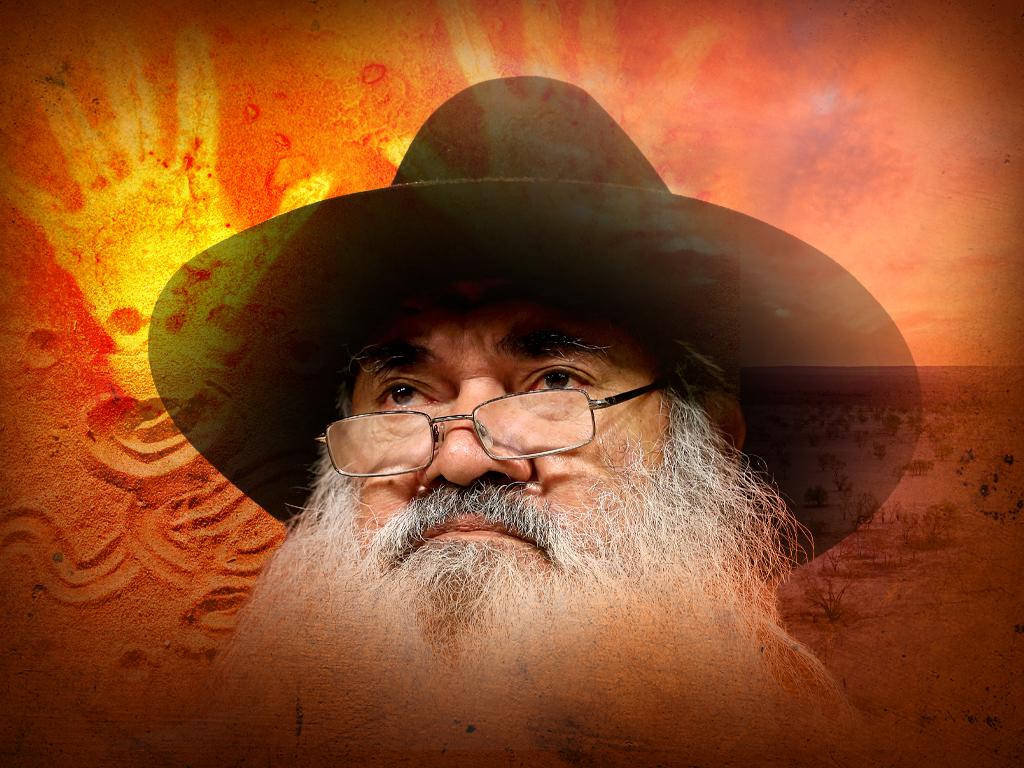
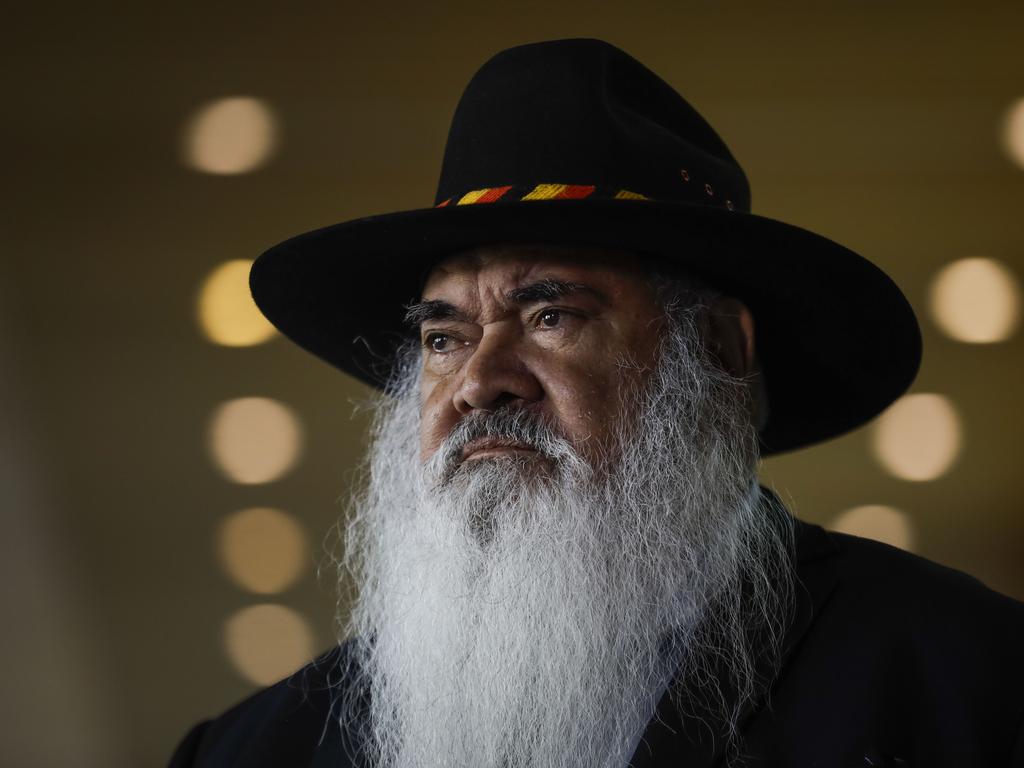
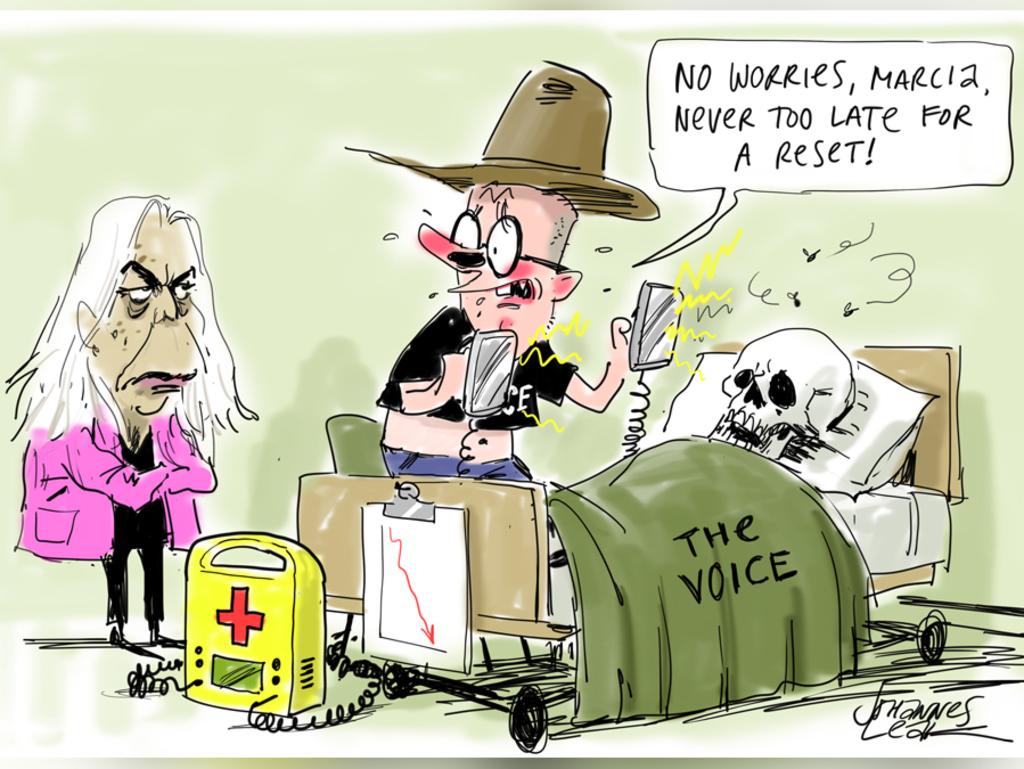
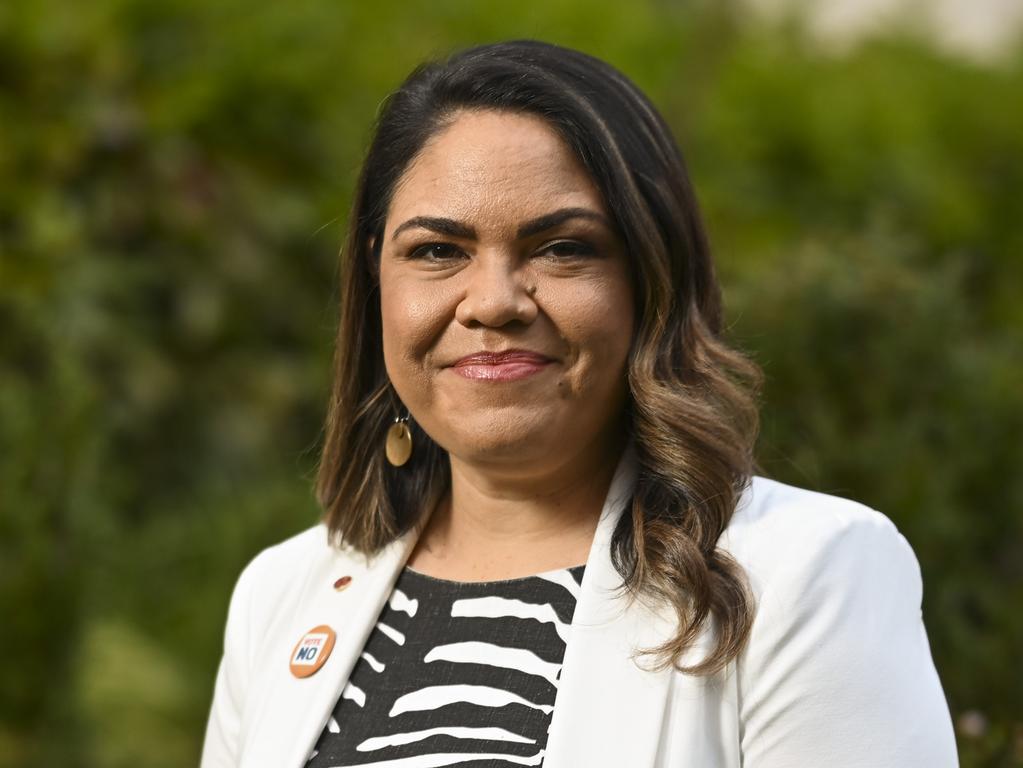


To join the conversation, please log in. Don't have an account? Register
Join the conversation, you are commenting as Logout